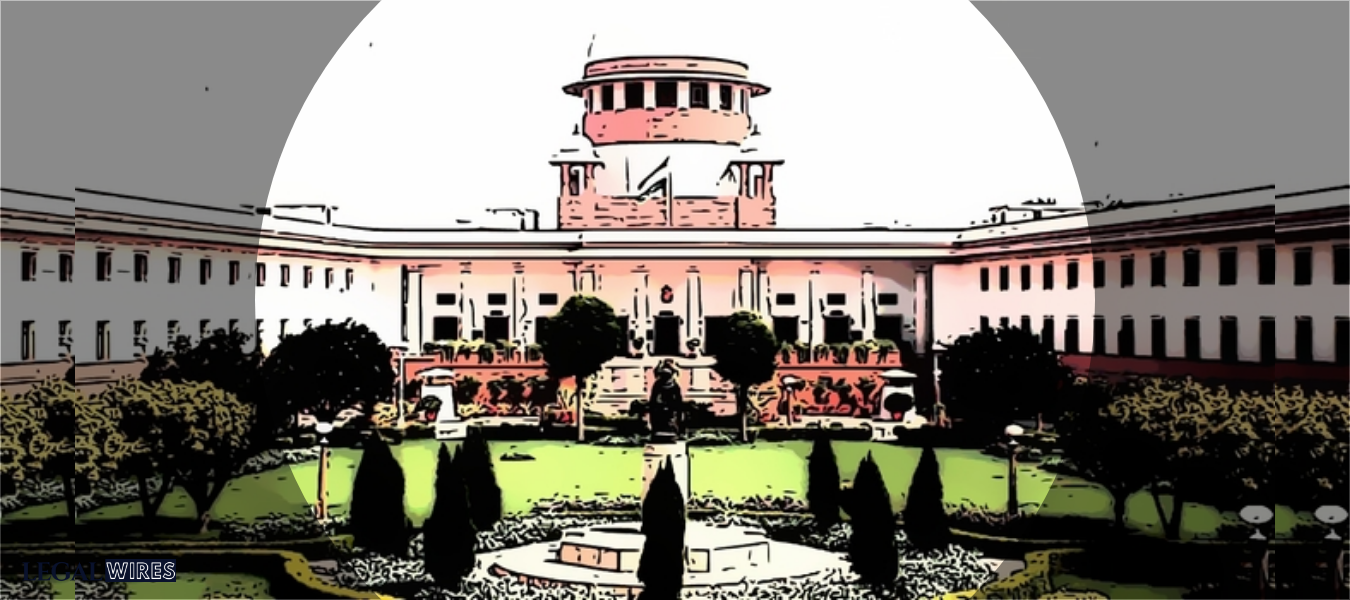The Supreme Court provided the landmark judgment regarding the daughter’s right in ancestral property.

The Supreme Court provided the landmark judgment regarding the daughter’s right in ancestral property.
The issues before the Supreme Court were whether the daughters would get equal rights on the ancestral property as the son possesses by birth?
The Court held that daughters would have equal coparcenaries rights in Hindu Undivided Family (HUF) properties even if they were born before the 2005 amendment to the Hindu Succession Act, 1956 and regardless of whether their father coparcener had died before the amendment.
A three-Judge Bench of Justices Arun Mishra, S Abdul Nazeer and MR Shah passed the verdict in a reference that was made in appeals raising the issue of whether the amendment to the Act granting equal rights to daughters to inherit ancestral property would have retrospective effect.
Justice Mishra, while reading out the operative part of the judgment on this reference said,
“Daughters have to be given equal share of coparcenary rights in share of property like the son.“
The court made it cleared that daughter would get equal coparcenary rights in the ancestral property the same as the son. It is not necessary for the father coparcener to have been alive at the time of the 2005 amendment because rights are been determined by birth.
The Court quoted:
“The provisions contained in substituted Section 6 of the Hindu Succession Act, 1956 confer status of coparcener on the daughter born before or after amendment in the same manner as son with same rights and liabilities. The rights can be claimed by the daughter born earlier with effect from 9.9.2005 with savings as provided in Section 6(1) as to the disposition or alienation, partition or testamentary disposition which had taken place before 20th day of December, 2004. Since the right in coparcenary is by birth, it is not necessary that father coparcener should be living as on 9.9.2005.“
The Court further also held that the statutory fiction of partition that was created in the proviso to Section 6 of the pre-amendment Act was only for the purpose ascertaining the share of the deceased coparcener, the judgment says. This landmark ruling also says regardless of the preliminary decree passed, the decree passed in appeals or for final decree ought to give equal coparcenary share to daughters as sons are given.
The court further stated that:
“…in exceptional cases where plea of oral partition is supported by public documents and partition is finally evinced in the same manner as if it had been affected by a decree of a court, it may be accepted. A plea of partition based on oral evidence alone cannot be accepted and to be rejected out rightly.“
In the case of Vineeta Sharma v. Rakesh Sharma.





